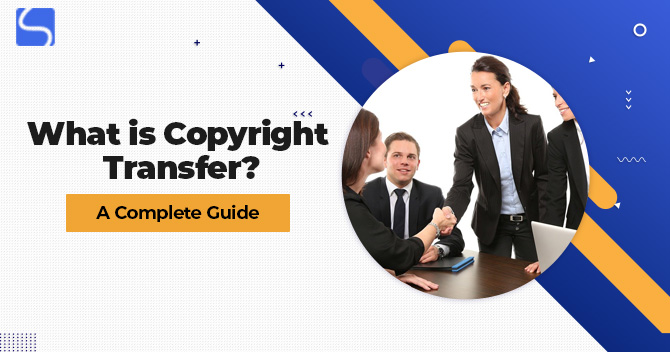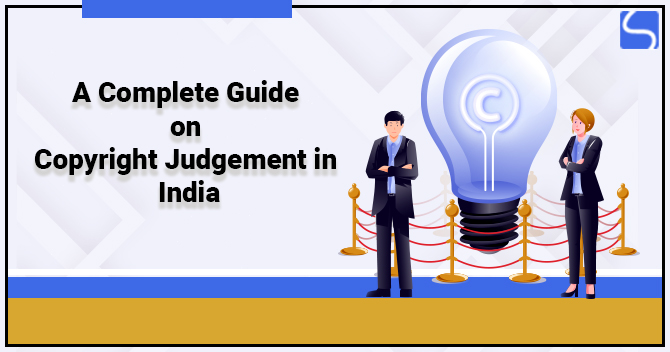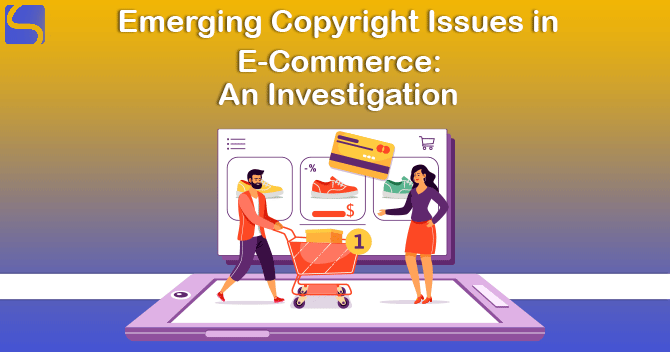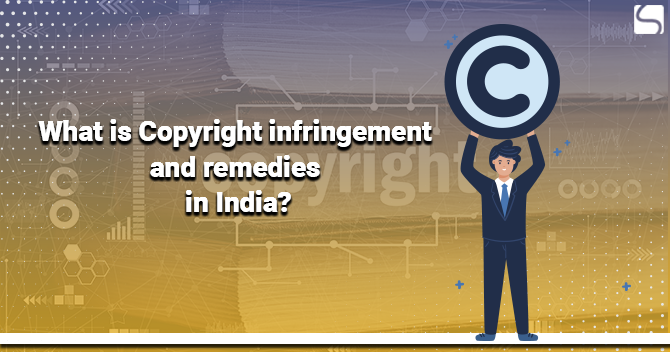What is Copyright Transfer? – A Complete Guide

Karan Singh | Updated: Apr 08, 2021 | Category: Copyright
Copyright is an exclusive Intellectual Property Right (IPR) meant for creative people around the globe. This means it has no physical presence but is a proprietary right and can be disposed of. In the present life, every person is mindful of the idea of Copyright because of the expansion of media & communication throughout the globe. The present era has no shortage of thoughts, ideas, expression and its distribution, which the global media has supported through the ability of technology coupled with a broader opportunity of share and communication.
The Copyright Act, 1957, as altered in 2012, is the present vehicle to guide and settle the creators towards betterment and give them some financial opportunities so that they are further fortified to bless the world with their creativity. Though it doesn’t require any physical space, an additional IP can burden a company, leading to limited funds towards continuing registrations, guarding against 3rd party claims, and marketing & making a complete product. Selling idle or excess Intellectual Property can have an instant positive effect on the finances of a company, producing revenue and reducing costs. When it’s time to grow a business, companies searching for property purchase (consisting of Software or Copyright) to help their growth should ensure that the seller does, in fact, have titled to the chosen items. But the owner can only transfer the Copyright if he or she obtains a Copyright Registration first. A correctly drafted Copyright Transfer or assignment can help in both conditions. Scroll down to check more information about Copyright Transfer.
Table of Contents
Meaning of Copyright Transfer
A Copyright Transfer is the transfer of property rights of an owner in a given creative work. Such transfers of Copyright may occur on their own or as parts of huge asset purchases or sales. Copyright Transfer or Assignment Agreements both provide ownership records and transfer & safeguard the rights of all parties.
It simply means that a Copyright owner has the exclusive right to transfer his or her Copyright to any other individual or third party. The effect of transfer or assignment is that the assignee becomes eligible for all the rights related to the Copyright to the transferred work. But, a simple grant of right to sell and publish the copyrighted work totals to publishing right and not a transfer of Copyright.
The Copyright assignee becomes eligible to any right involved in the Copyright; he or she shall be treated as the Copyright owner concerning such rights. The assignor also treated as the Copyright owner with respect to unassigned rights. The lawful representatives of the assignee shall be eligible to the advantages of Copyright Transfer if the assignee deceases before the work comes into existence.
Mode of Transfer (Section 19)
According to Section 19, Copyright Assignment/Transfer is only valid if it is written and duly signed by the assignor or their duly authorized agent or representative. The transfer of a Copyright in work must recognize the work and specify the kind of rights assigned and the duration and regional extent of such transfer. Moreover, it must specify the amount of royalty payable, if any, to the author or their legal representatives during the continuance of transfer, and the transfer will be subject to extension, revision or termination on terms jointly agreed upon by the parties.
If the time of transfer is not mentioned, it will be deemed to be taken as five years from the transfer date. If the regional extent of such transfer is not stipulated, it will be taken as applicable across India.
Section 19(8) anticipates that the transfer of Copyright work against the terms & conditions on which rights have been assigned to a specific Copyright society where the actual creator of the work is a member shall be void. Moreover, Section 19(9 & 10) opine that the Copyright Transfer for creating cinematograph film or sound recording shall not affect the creator’s right to claim an equal share of the royalties and consideration payable with respect to the use of their safeguarded work.
Copyright Transfer Disputes (Section 19 (a))
According to Section 19(a), the Board might, on the complaint receipt from the assignor and on holding such inquiry as it may consider essential, revoke such transfer if the assignee fails to make enough use of the rights assigned to them and such failure is not attributable to any act or error of the assignor.
In case of any dispute concerning the transfer of Copyright, the Appellate Board may pass an appropriate order on receiving a complaint from the aggrieved party and after holding such inquiry as it considers essential containing an order for the recovery of any royalty payable.
Copyright Transfer by Operation of Law (Section 20)
In case the Copyright owner dies, then the Copyright will pass on to his or her personal representative as the estate part, provided that no will has been performed. Section 20 delivers that if an individual is eligible for Copyright under bequest and such work has not been published before the testator’s death, unless the conflicting intention is shown under testators will or any supplement to it, such individual shall be considered as having work Copyright so far as testator was the Copyright[1] owner immediately before his or her death.
Conclusion
The achievability of Copyright Transfer is highly asked because of the increasing counts of Copyright Violation cases. The primary purpose of the transfer process is to provide both pecuniary as well as distribution benefits to the actual work of the original creator. It cannot be used to remove the actual owner permanently from their creation.
Transfer of Copyright is an unavoidable requirement in this vigorous world. People cannot be self-sufficient in every aspect. For the betterment of Art frame, the right of ownership of the creation requires to change hands and show up the full potential of the actual work by discovering various levels of creativity.
Read our article:What is Copyright Violation and How Can You Avoid It?














